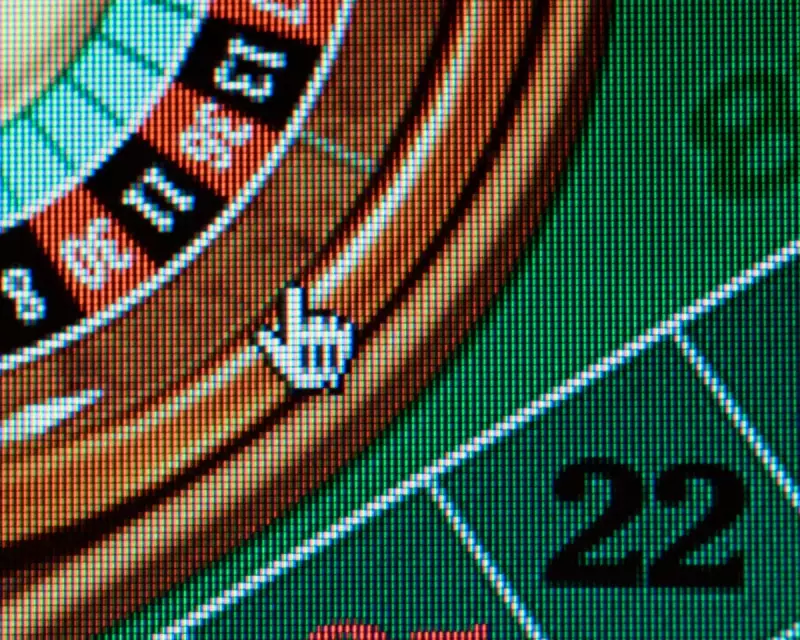
Britain's online gambling sector faces a multi-billion pound tax increase after Chancellor Rachel Reeves used her budget to target what she described as the most harmful forms of betting.
Market Turmoil and Recovery
Share prices across the gambling industry plummeted during Wednesday's budget announcement, with the sector identified for significant tax rises. The sell-off began even before Reeves formally revealed the changes, after the Office for Budget Responsibility accidentally published details confirming the industry had been singled out.
However, a dramatic recovery saw larger, more diversified operators like Flutter Entertainment (owner of Paddy Power) and Entain (which operates Ladbrokes) recoup most of their losses by mid-afternoon. The partial rebound came as investors realised companies heavily focused on online gambling would bear the brunt of the new tax regime.
Budget Measures Explained
In her second budget as chancellor, Reeves announced duty changes that the OBR expects to raise an extra £1.1 billion for the Treasury by 2029-30. The most significant measure involves the near-doubling of remote gaming duty (RGD), which applies to online casinos, rising from 21% to 40% starting April next year.
General betting duty on online sports wagers will increase from 15% to 25% from April 2027, though high street bookmakers will see no change to their rates. In a notable exemption, bets on horse racing - a sport heavily reliant on gambling revenue - will be spared the increase.
The chancellor abolished bingo duty entirely, removing the 10% levy that previously applied.
Political and Industry Reaction
Meg Hillier, chair of the Treasury select committee, praised Reeves for refusing to bow to industry "scaremongering." She distinguished between different forms of gambling, noting: "Some parts of the gambling industry, such as racecourses and bingo halls, make a cultural contribution to our country. This is not the case, though, for online slots and other remote gaming, which can quickly drain the bank balances of vulnerable people."
Industry leaders warned the scale of the increase could cost jobs and damage the economy. Shares in Evoke, which owns the 888 and William Hill brands, fell by more than 10% on the news.
The OBR acknowledged the tax rise would have been even more lucrative - potentially raising £1.8 billion - but expects some customers to bet less while others migrate to unregulated markets as companies pass on the extra costs through less favourable odds and reduced bonuses.
Reeves explicitly linked the gambling duty increase to funding the government's decision to lift the two-child cap on child benefit, drawing praise from former prime minister Gordon Brown who had previously called for similar measures to tackle child poverty.





